The Beat’s Gregory Paul Silber has been accused of having a bit of an… obsessive personality. Each week in Silber Linings, he takes a humorous look at the weirdest, funniest, and most obscure bits of comics and pop culture that he can’t get out of his head.
I’ve loved superheroes for as long as I can remember. But long before I started reading comics, and before I could read, period, my first superheroic love affair was with the Mighty Morphin’ Power Rangers.
Unlike Marvel and DC heroes, my childhood love of the “teenagers with attitude” didn’t carry over into adulthood or even adolescence. I remain affectionate for what it was to me as a very young boy, but it’s too aggressively juvenile for me to enjoy as a 30-year-old with the same kind of earnestness I can apply to the likes of Batman or The X-Men (which isn’t to say those franchises don’t enjoy their own kind of juvenilia, even as they’ve been geared mostly towards older audiences over the past few decades).
But there is one thing about the Power Rangers that I appreciate now as much as I did as a two-year-old in 1993: that kickass theme song.
Nostalgia aside, I sincerely think it’s a well-constructed pop-metal song on its own merits. But before we get into that, I need to contextualize what made me fall in love with Mighty Morphin’ Power Rangers as a toddler in the first place.
I would learn years later that Mighty Morphin’ Power Rangers shares most of its DNA with an earlier show called Super Sentai, an influential example of the Tokusatsu genre: Japanese movies and TV shows noted for outlandish action and bombastic special effects. Power Rangers didn’t adapt Super Sentai so much as remix it; most of the action featuring the costumed heroes and villains was recycled straight from the Japanese series, with original footage of American stars Jason, Zack, Trini, Billy, and Kimberly spliced in between.
I didn’t know what went on behind the scenes. I didn’t care about the crude special effects, dopey fight choreography, or the fact that pretty much every episode followed such a similar structure that the scripts could’ve been written with Mad Libs.
I loved Power Rangers because it was colorful, exciting, and rife with themes of childhood wish fulfillment that the superhero genre thrives on. I’ve written before about how the Kaiju genre provides effective power fantasies at an age when children feel powerless. Power Rangers scratches a similar itch, but in less destructive, more noble fashion. What kid doesn’t fantasize about saving their family, school, or friends from monsters and supervillains?
I would later learn, of course, that Power Rangers was hardly unique in that respect. Comic book superheroes had been indulging kids’ desire to see other kids save the day since the earliest days of the genre with timeless icons like Robin the Boy Wonder, Captain Marvel (better known these days as Shazam), and Kid Flash. But I discovered Power Rangers first. At an age when the world was confusing and scary, Power Rangers was empowering.
This idea of power brings me back to that theme song, fueled by a propulsive guitar riff leading into a flashy solo that’s reminiscent of the late-great Eddie Van Halen. When I heard those hard-rocking rhythms, it triggered an almost Pavlovian response to get my adrenaline pumping. That may be why so much of the music I love today is driven by blistering electric guitar wizardry.
I came upon this realization a few years ago when I discovered that there’s actually a longer version of “Go Go Power Rangers” (subsequent Power Rangers series have different theme songs). The tune that played over the opening credits is less than a minute long and doesn’t feature any lyrics beyond “go go Power Rangers… you Mighty Morphin’ Power Rangers!” But the full song has a complete verse-chorus-verse structure, and honestly? It rocks.
Okay, sure, lyrics like “they know to only use their weapons foooorrr defense” (surely a concession to parents fearful about the show’s cartoonish violence influencing their children) means it’s not as edgy as even the tamest heavy metal band, but in terms of visceral rock n’ roll energy, “Go Go Power Rangers” is still metal as hell. Between the nasally vocals and the scorching guitar solo, it sounds like it could be a Megadeth track.
As a matter of fact, Megadeth themselves covered “Go Go Power Rangers” for the soundtrack to 1995’s Power Rangers: The Movie. Oddly, though, between the uncharacteristically slick production and frontman Dave Mustaine trading in his signature sneer for unrecognizably clean vocals, the original theme composed and performed by Ron Wasserman sounds more like a Megadeth song than the thrash metal legends’ take.
Heavy metal is nothing without the strength of a great riff, and I’m almost convinced Halford guitarists Patrick Lachman and Mike Chlasciak of Judas Priest frontman Rob Halford‘s eponymous solo project borrowed the primary riff of Wasserman’s Mighty Morphin’ theme for “The One You Love to Hate” off of the band’s 2000 debut album, Resurrection. It’s an awesome song in its own right, featuring additional vocals from none other than Iron Maiden lead singer Bruce Dickinson. But come on, you can’t tell me these opening riffs don’t sound practically identical.
In fairness, Wasserman’s riff sounds like a sped-up version of Jimmy Page‘s main riff for Led Zeppelin’s 1969 classic “Whole Lotta Love.” All art borrows something from somewhere.
That’s why I have to wonder how many musicians may have been inspired by Power Rangers in one way or another. Surely I’m not the only person my age who developed a love of distorted guitar rock from a kids’ show about color-coded superhero teens with access to giant robot dinosaurs. I hear it in some of my favorite contemporary rock bands, from Ex Hex…
…to Screaming Females…
…to Royal Blood (who technically don’t have a guitar player as the band consists solely of bass guitarist/singer Mike Kerr and drummer Ben Thatcher, but Kerr makes his bass sound like a guitar worthy of Power Rangers).
Of course, rather than assuming any shredding guitar banger released since 1993 has been influenced by Power Rangers, I recognize that I simply associate them with the first taste I got of rock catharsis. But that just speaks to what makes “Go Go Power Rangers” so special.
As much as I loved Power Rangers with every ounce of my soul as a small child, and as much as superhero fiction remains hugely important to me, I rarely think about Power Rangers anymore when I engage with the genre. My biggest touchstones as an adult superhero fan include Frank Miller and David Mazzuchelli‘s Batman Year One, Mark Waid, Chris Samnee, et al’s Daredevil run, and pretty much Grant Morrison‘s entire career; the Green Ranger Saga or whatever doesn’t really rank.
(Editor’s Note: The Green Ranger has his own pretty badass theme song, too. -JG)
Power Rangers’ most lasting influence on me remains my musical taste. There are few things I love more in this world than rock n’ roll with powerful drums, soaring choruses, and fiery guitar solos. To this day, “Go Go Power Rangers” makes me pump my fists in the air, bringing me back to that living room floor in a New Jersey apartment where I’d dream of the day that I, too, could save the world with the power of karate and friendship.


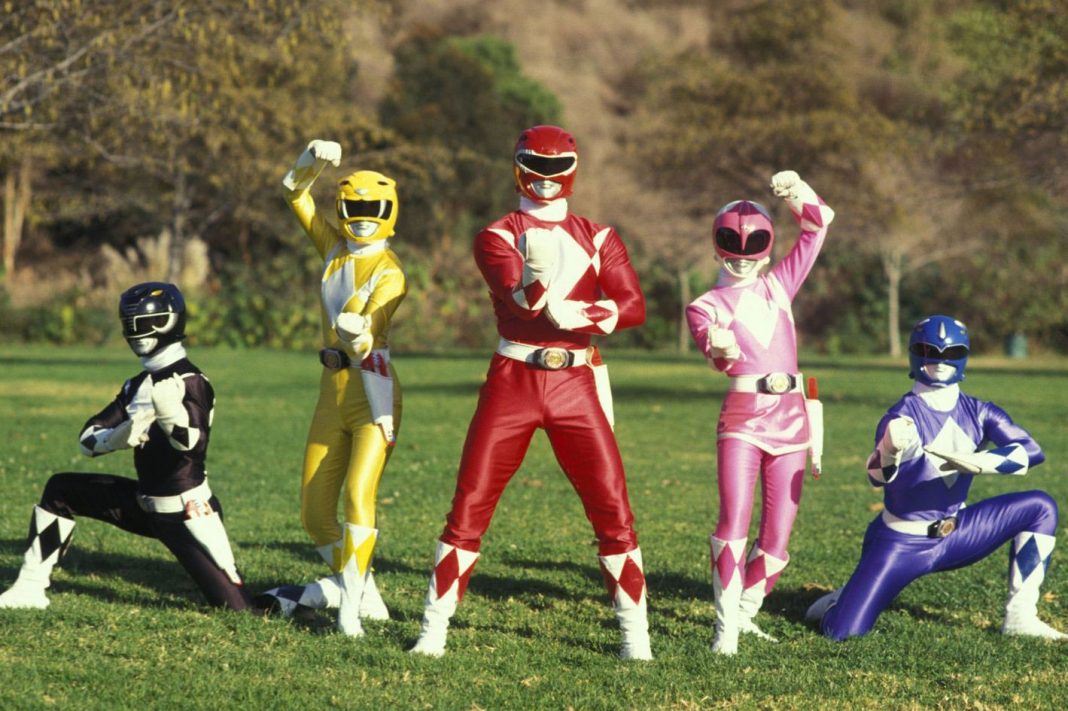
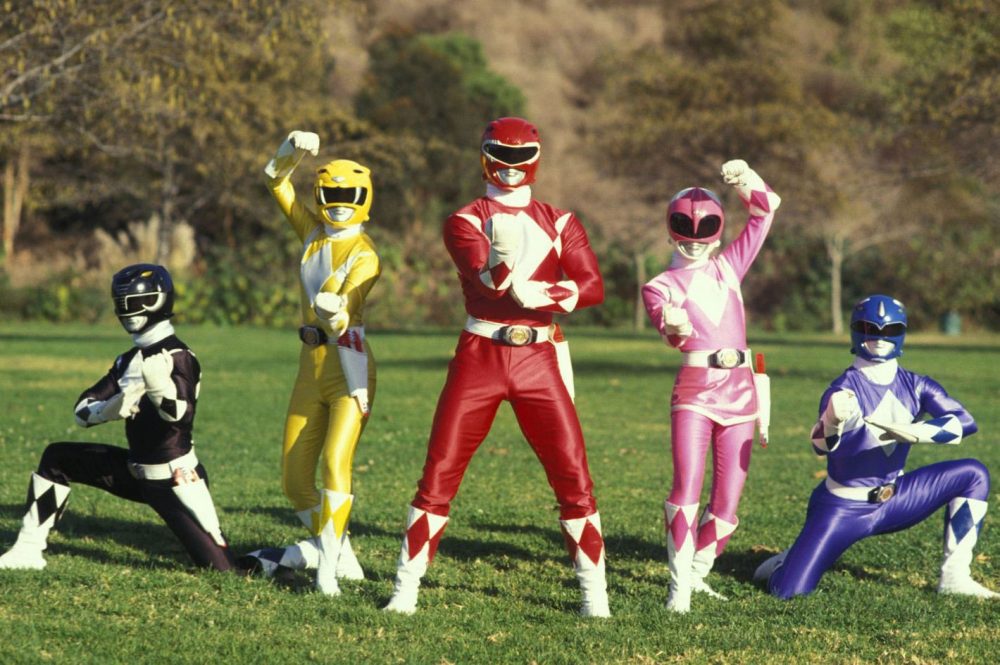
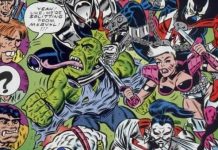
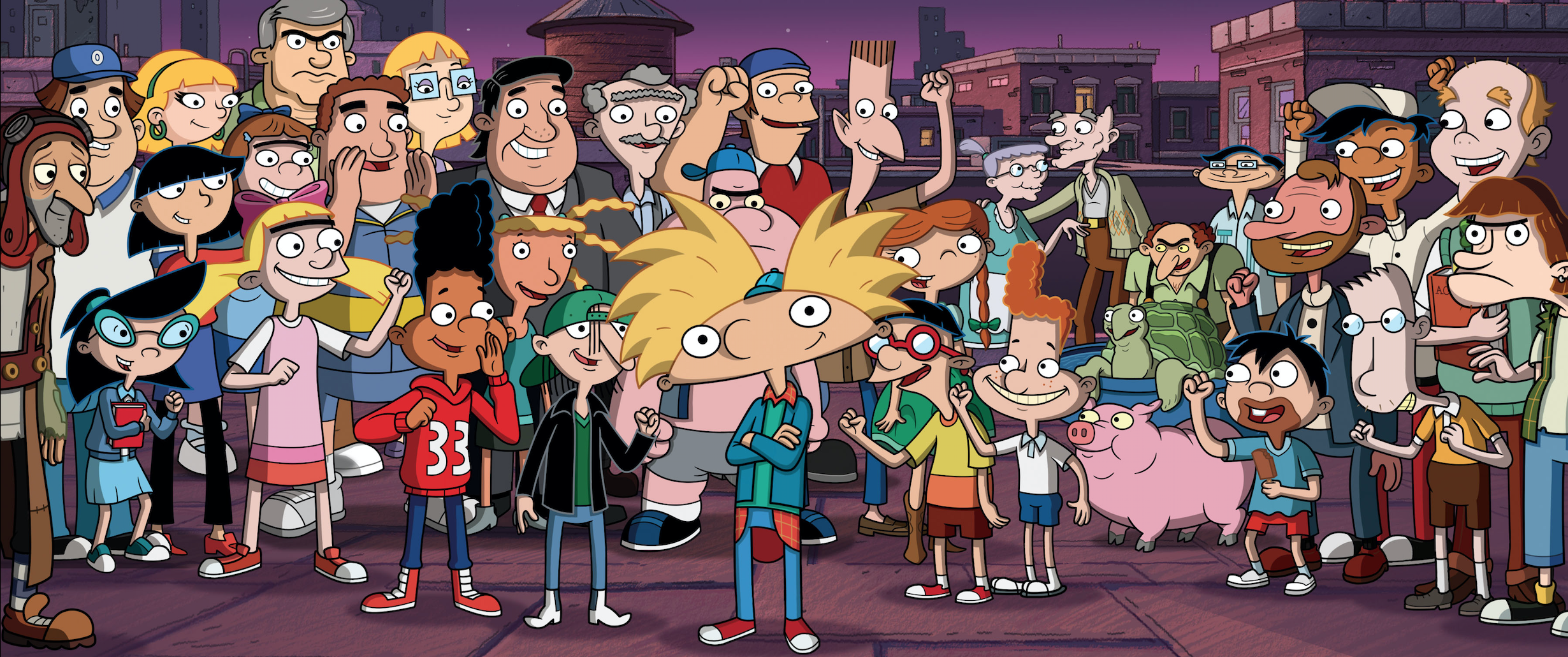
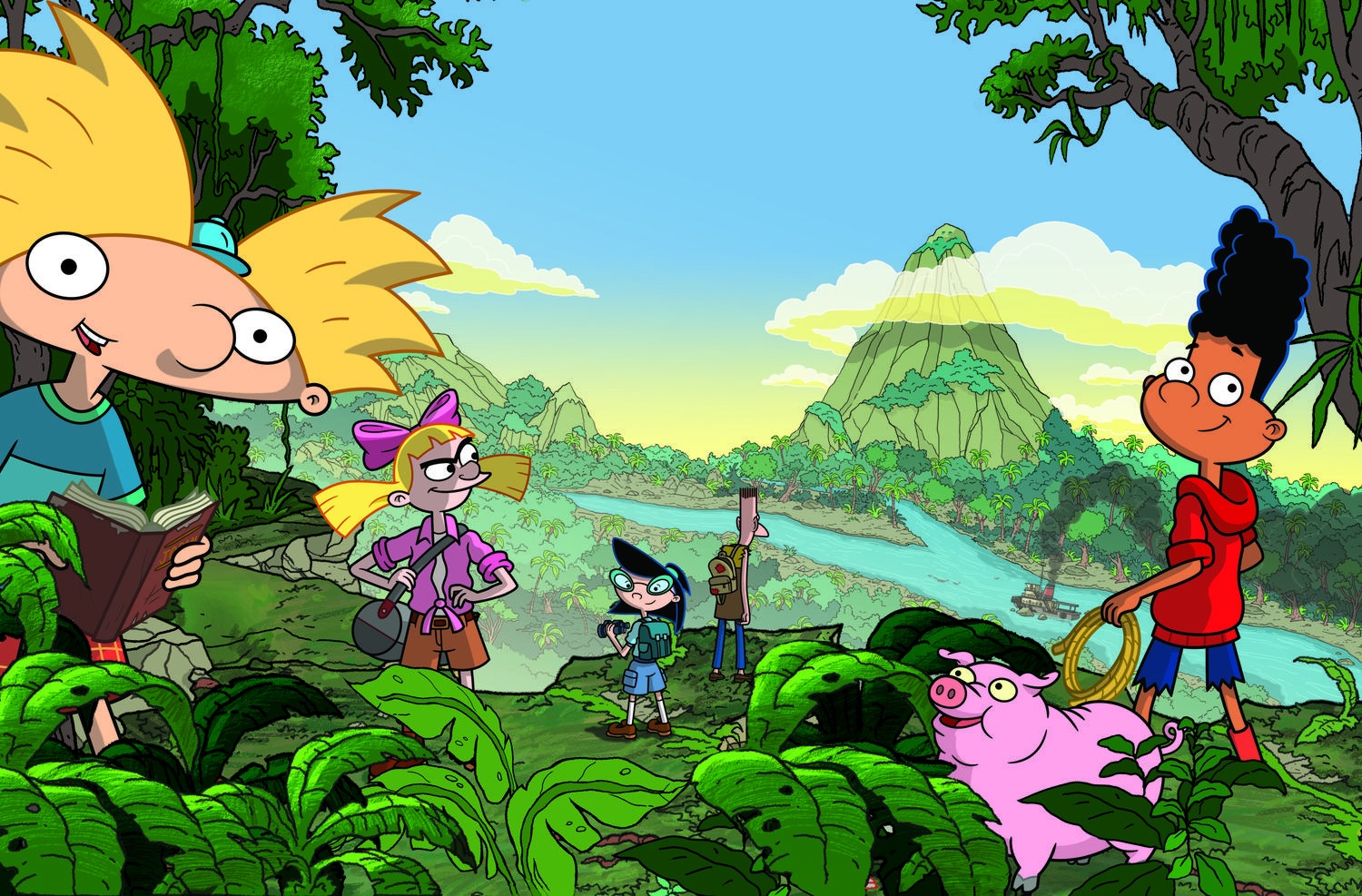


Thank you for sharing. As an editor on the 1st 3 seasons of MMPR you give my work value!
Tobias
Comments are closed.